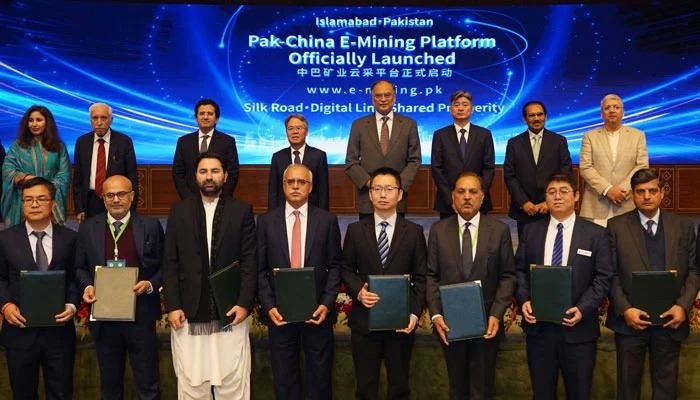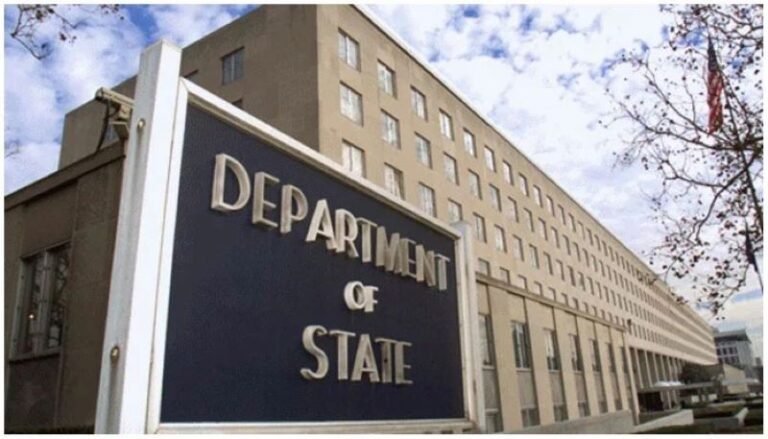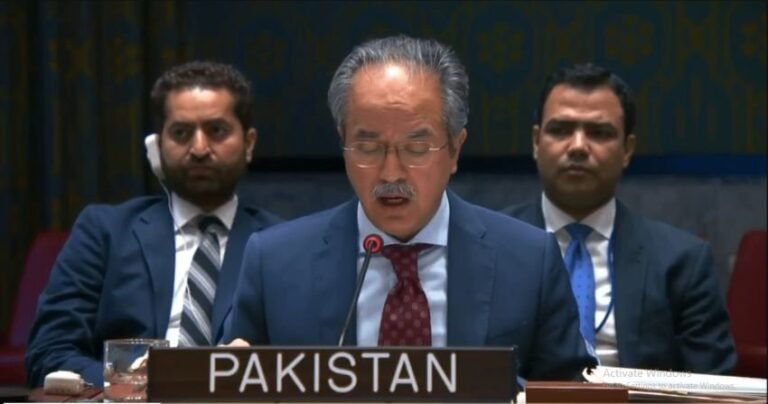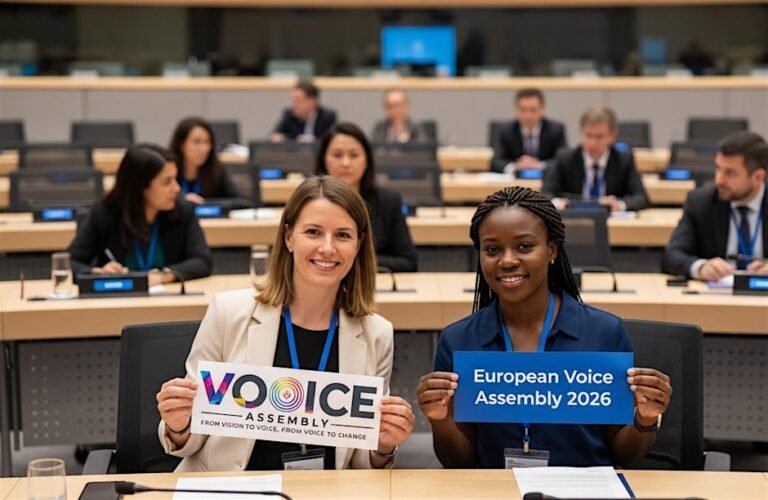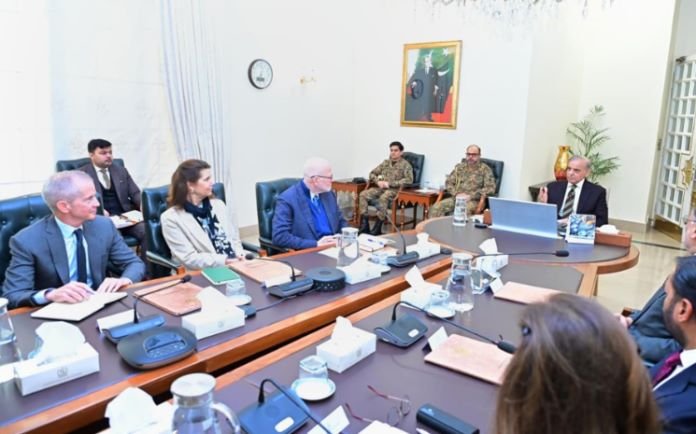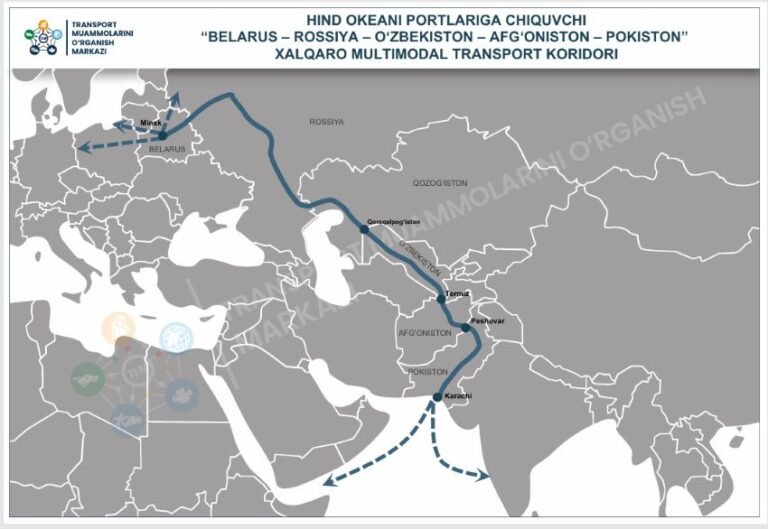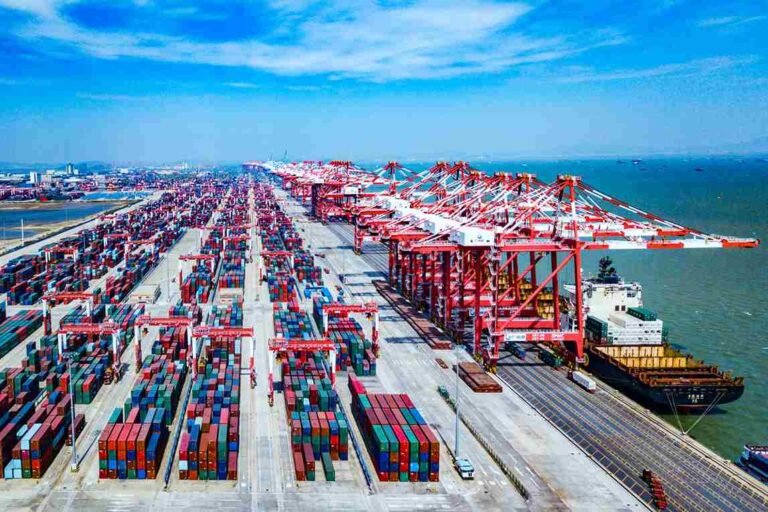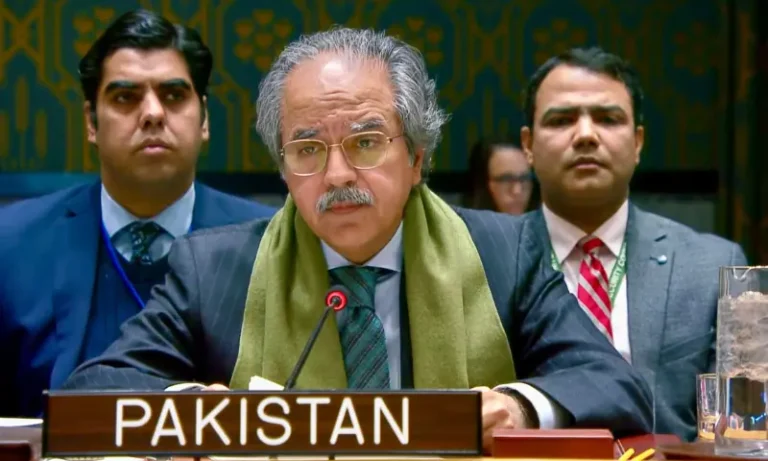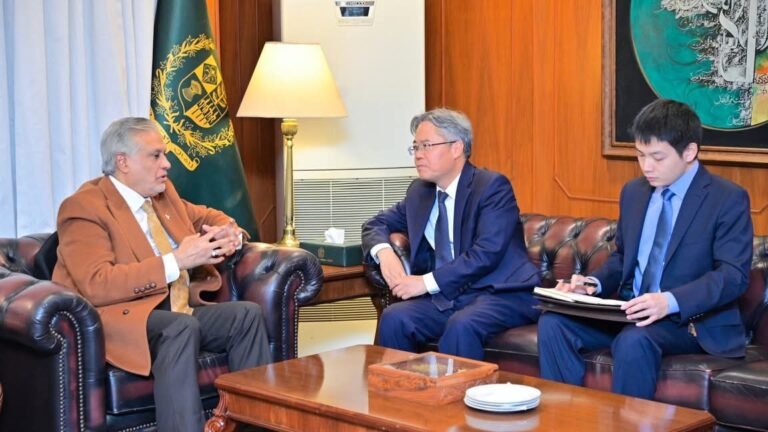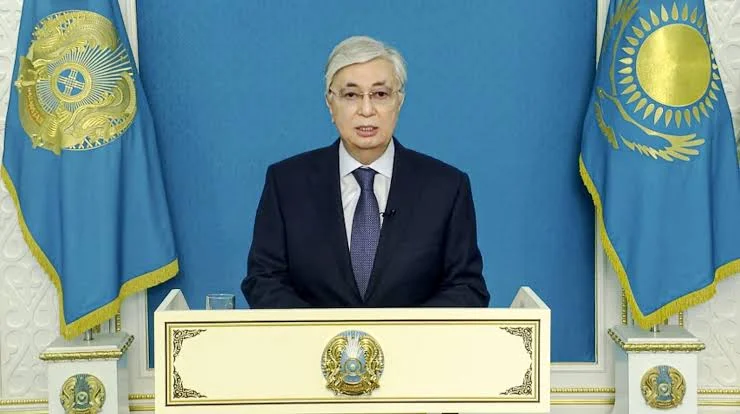Sharm El-Sheikh, 2 January 2022 (TDI): The UN Convention Against Corruption. The UN General Assembly adopted resolution 58/4 on October 31, 2003. and according to Article 68 from the convention takes effect on December 14, 2005.
The UN Convention against Corruption is a worldwide anti-corruption instrument. Its mandatory provisions make it a unique tool for developing a comprehensive response to global problems. It was ratified by nearly all UN members.
This Convention covers five main areas: prevention, criminalization, law enforcement, international cooperation, and asset recovery, as well as technical assistance and information exchange. The Convention covers corruption practices such as bribery, misappropriation of funds, and abuse of positions.
Meticulous attention is paid to the convention‘s chapter on asset recovery, which seeks to return assets to their rightful owners, including to countries from which they have been illegally taken. All UN members are parties to the convention.
Background Story of the Convention
Transparency International indicates that the UNCAC emerged from a consensus that emerged during the early 1990s that corruption remains an issue that requires internationally agreed solutions.
Due to the end of the Cold War, tolerating and supporting corrupt regimes in other countries is no longer justified on national security grounds. The post-Cold War agenda of democratization, accountability, and transparency also caught the attention of global financial and development institutions. The international community also expressed concerns about corruption.
Consequently, multinational companies based in the United States felt disadvantaged in global markets as a result of the 1977 Foreign Corrupt Practices Act, which imposed criminal penalties for foreign bribery, and the US government became a principal sponsor of efforts to limit cross-border bribery in international trade.
UNCAC was negotiated in Vienna in less than two years. 129 countries began serious negotiations for the UNCAC in early 2001, which culminated in early October 2003 with the seventh negotiating session.
Their rapid progress is largely due to the commitment of a large number of countries and previous work on other anti-corruption conventions, specifically substantial work on international cooperation, done in negotiations for the UN Convention on Transnational Organized Crime.
The negotiation process was attended by representatives of Transparency International. The General Assembly approved the text of the Convention following the conclusion of the negotiations in October 2003.
The agreement was signed in Merida, Mexico on December 9 and 10, 2003, after it was approved for signing. This signing conference took place on December 9, International Anticorruption Day.
Transparency International representatives participated in all seven sessions of the Ad Hoc Committee for Negotiating the UN Convention against Corruption.
Vienna hosted these sessions between January 2001 and September 2003. The TI representatives presented oral presentations, provided written comments, and met with the delegations to explain their positions. Chapters also presented TI position papers to governments.
A Summary of the Convention
The United Nations Convention against Corruption was negotiated between January 21, 2002, and October 1, 2003, through the Ad Hoc Committee for the Negotiation of the Convention.
There are seventy-one articles in the Convention. The document is divided into eight chapters: Chapter I, entitled “General Provisions,” Chapter II, entitled “Preventive Measures,” Chapter III, entitled “Criminalization and law enforcement,” Chapter IV, entitled “International Cooperation,” Chapter V, entitled “Asset Recoveries,” Chapter VI, entitled “Technical Assistance and Information Exchange,” Chapter VII, entitled “Mechanisms for Implementation,” and finally Chapter VIII, entitled “Final Provisions.”.
Prevention
Prevent corruption. This includes both public and private measures. Transparency in elections and anti-corruption bodies are examples. Public service must be more efficient, transparent, and capable of recruiting. talent. Officials should follow a code of conduct and disclose their finances. To combat corruption, transparency in public finances and accountability in the judiciary must also be encouraged. Ethics must be moral among government employees. Everyone must work to prevent public corruption.
Prevention measures that can be taken
The UNCAC stipulates that governments are required to take preventive measures in the following areas:
- In the public sector, ethics and procedures play a significant role.
- Procurement and finance are essential functions within the public sector.
- A number of factors must be considered, including public reporting, access to information, and protection of whistleblowers.
- Public participation in the educational process
- Accounting and auditing standards applicable to the private sector: Discipline measures and punishment.
Criminalization
Countries must establish criminal and other offenses for various corruption acts if they don’t at present possess them. Other states must consider them compliant with domestic law; some countries have to create offenses.
It criminalizes not only basic forms of corruption like bribery and embezzlement, but also influences trading, concealment, and laundering of proceeds. Other crimes include obstruction of justice. Corruption in the private sector is also covered.
Discipline measures and punishment
Punitive measures are additionally provided for in the Convention. Governments are urged to establish or consider establishing criminal penalties for the following behaviors:
- Bribery of government officials at the national level
- Bribery of foreign officials in the public sector
- Bribery of public international organizations’ officials
- The illegal enrichment of public officials.
- A public official‘s embezzlement, misappropriation, or other diversions of property
- Influence trading
- Bribery of private sector decision-makers Embezzlement from private-sector entities
International Cooperation
Cooperation was agreed upon in all areas of combating corruption, including prevention, investigation, and prosecution of offenders. The Convention requires countries to offer specific forms of mutual legal assistance in gathering and transferring evidence for use in court. Measures are also required to ensure proceeds of corruption can be traced, frozen, seized, and confiscated.
Asset Recovery
Asset recovery is explicitly stated as a fundamental principle. Resources are required for rebuilding and rebuilding societies in many developing countries as a result of corruption at all levels. Negotiations on this chapter were intense as countries seeking assistance had to reconcile their legal and procedural safeguards with those seeking illicit assets.
Asset-recovery provisions can be used to send a strong message to corrupt officials that their assets will be unhidden. As a fundamental principle, article 51 of the Convention states that assets should be returned to their countries of origin. As widely as possible, state parties to the Convention cooperate in investigating and prosecuting offenses.
With regard to asset recovery, in particular, the convention provides, inter alia, that “in matters of international cooperation, whenever dual criminality is considered a requirement, it shall be deemed fulfilled irrespectively of whether the laws of the requested State Party place the offense within the same category of offense or denominate the offense with the same terminology as the requesting State Party if the conduct underlying the offense for which assistance is sought is a criminal offense under the laws of both States Parties.“
Sharm El-Sheikh, 13 December 2021, under the subject of “Speaking with a unified voice”
Ghada Waly, the UNODC Chief, stated that “we are here, at this critical time, to raise a united voice against corruption”. “Corruption undermines development, security, and the rights of everyone. Corruption undermines public confidence in systems and institutions.
Globally, trillions of dollars are lost annually to corruption, “at a time when every dollar is crucial for increasing public investment”.
Recovery from the #COVID19 pandemic must incorporate anti-corruption through an inclusive and gender-responsive approach.
Follow this thread to know more about this #CoSP9 side-event discussion on women leaders in integrity. pic.twitter.com/pTiazTEdA6— UN Office on Drugs & Crime (@UNODC) December 13, 2021
In terms of capital flight, Africa alone loses more than $88 billion annually. “The lack of transparency and accountability in institutions prevents people from having equal access to justice as well as health, protection, and other services, destroying competition, driving prices up, and negatively affecting delivery,” Waly said.
Furthermore, corruption facilitates the operations of criminals, traffickers, and terrorists by allowing proceeds of crime to find safe havens, channeling funds to terrorists, and providing opportunities for trafficking.
In light of the COVID-19 pandemic, it has been shown that corruption significantly affects societies, aggravating vulnerabilities and posing a threat to responses. Consequently, the importance of anti-corruption has been highlighted, and this “must serve as a global wake-up call…to take a stand for integrity,” according to her.



